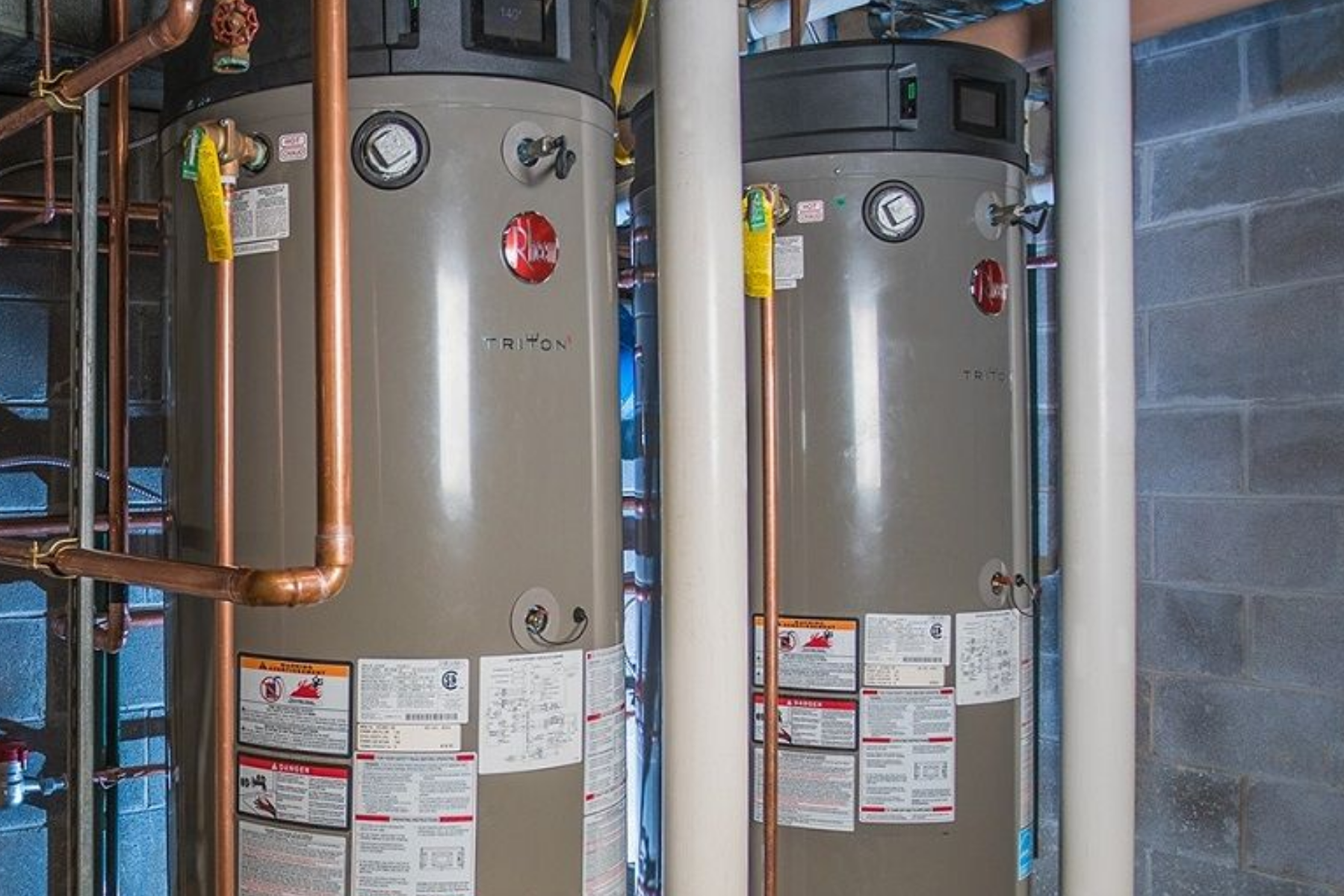
Not Getting Enough Hot Water? Here’s How to Find Out Why
| Atlas Plumbing
A hot shower feels nice, and it could be frustrating if you can’t seem to get enough of it especially during cold winter mornings. If the heating is out, you’ll be mentally prepared to take a cold shower. However, running out of hot water in the middle of a shower could be an incredibly heart-breaking experience.
If you are starting to run out of hot water mid-shower; here are some troubleshooting tips that can help you rule out the possible culprits. When you know why your hot water is running out fast, you can take proactive steps to fix the problem.
Temporary drop in the amount of hot water
Hot water simply dilutes faster in winter
If you record lower volumes of hot water during winter, it is quite possible that there’s nothing wrong with your water heater or your plumbing system.
The water flowing into your water heater from outside will most likely have a colder temperature during the winter. Hence, as the colder water enters the water heater, it would dilute the remaining hot water in the tank much faster. If this is the case, there’s not much you can do than to soldier on until the winter ends.
More people will use more hot water
If the number of people in your household suddenly increases; for instance, if you have guests over during the holiday season, you might notice that you are running out of hot water at a faster rate.
In both instances, time is your ally – winter will pass, and your guests will eventually leave. However, if you want an immediate solution; the best line of action would be to buy a new water heater with a bigger capacity.
Permanent drop in the amount of hot water
Your water heater tank is filled up with sediments
The second more worrisome reason you might be running out of hot water faster than previously recorded is the build-up of sediments in your water heater. A water heater is designed to deliver about 2/3 of its stated capacity as usable hot water. If you have a 50-gallon water heater; you’ll most likely get about 33 gallons of hot water in a cycle.
Unfortunately, naturally-occurring minerals such as magnesium and calcium in the water tend to form sediment particles during the heating process. The sediment particles then settle to the bottom of the tank. As the years pass by, the sediment will take up space that furthermore reduces the capacity of your water heater.
How to measure the actual capacity of your water heater
A smart way to measure the actual capacity of your water heater is to pay attention to the GMP (gallons per minute) of your showerheads. For instance, if you have a 50-gallon water heater; the two-third rule suggests that you’ll have 33 gallons of hot water in a cycle.
If your shower head has a rating of 2.5 gallons per minute; you’ll typically run through the 33 gallons of hot water in about 15- 20 minutes after which you can feel a 20 degree drop in the water temperature.
If you have 3 bathrooms with the same 2.5GPM shower heads. Running the showers in the three bathrooms concurrently means that you’ll only have between 5-8 minutes of shower time before the temperature drops.
Final words…
If you notice that you lose hot water much faster than the maths suggests; then it is safe to assume that sediments have taken up valuable space inside your water heater.
If you installed the water heater within the last three years; draining out the water might help you get rid of some of the sediment. You may also want to consider shower heads with lower GPMs.
However, if the water heater is already more than 5 years old, you might be better off buying another water heater.







